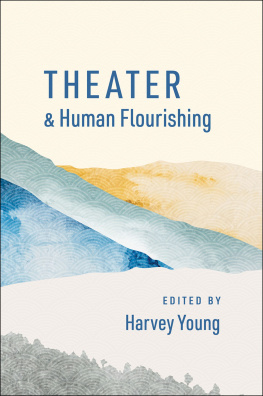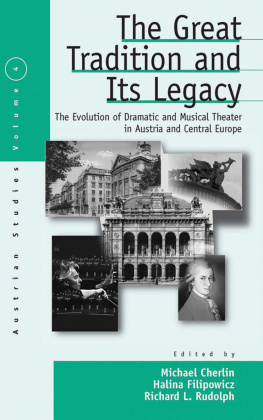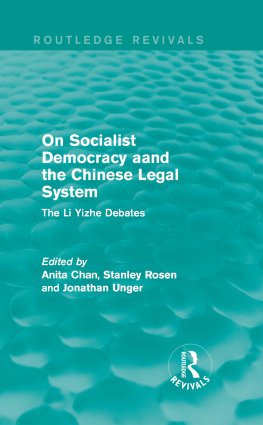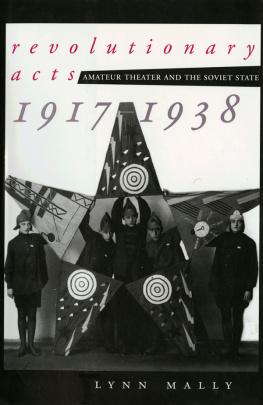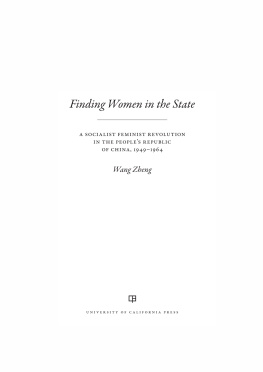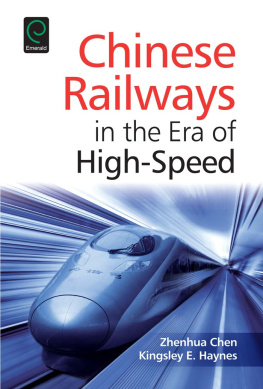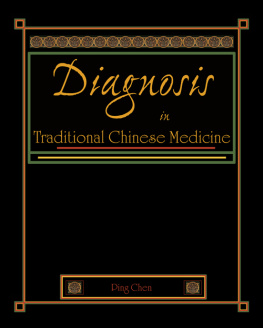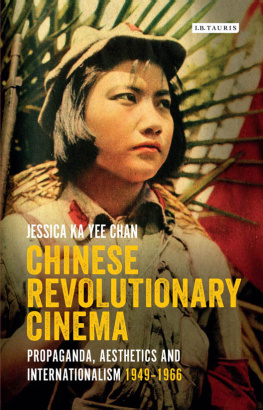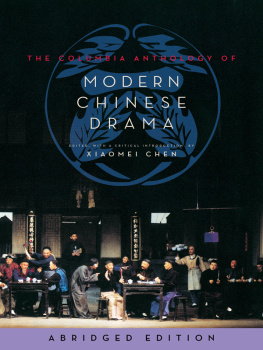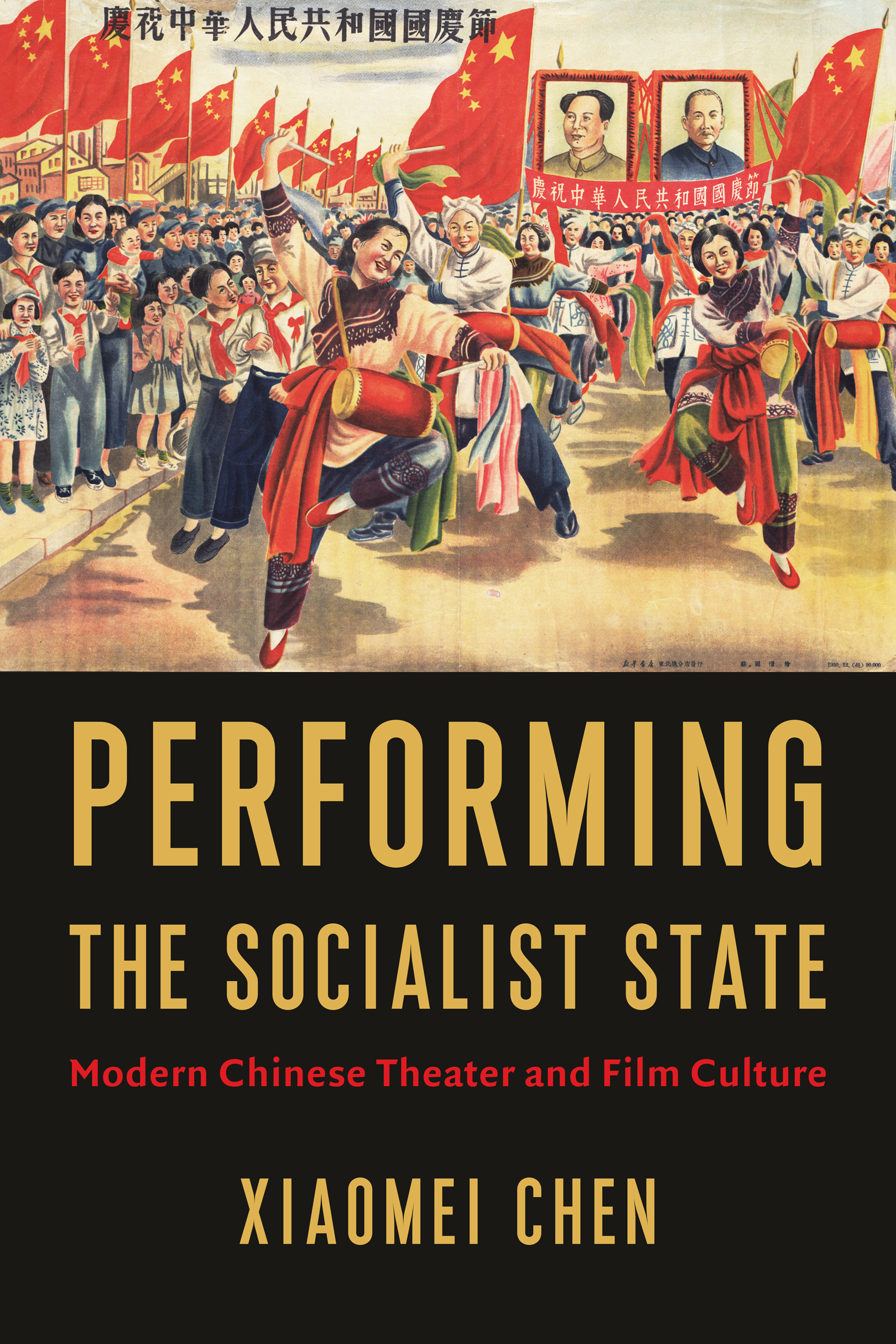Contents
List of Figures
Guide
Pagebreaks of the print version
Performing the Socialist State
PERFORMING THE SOCIALIST STATE
Modern Chinese Theater and Film Culture
XIAOMEI CHEN
COLUMBIA UNIVERSITY PRESSNEW YORK
Columbia University Press wishes to express its appreciation for assistance given by the Wm. Theodore de Bary Fund in the publication of this book.

Columbia University Press
Publishers Since 1893
New York Chichester, West Sussex
cup.columbia.edu
Copyright 2023 Columbia University Press
All rights reserved
E-ISBN 978-0-231-55233-2
Library of Congress Cataloging-in-Publication Data
Names: Chen, Xiaomei, 1954 author.
Title: Performing the socialist state : modern Chinese theater and film culture / Xiaomei Chen.
Description: New York : Columbia University Press, [2023] | Includes bibliographical references and index.
Identifiers: LCCN 2022022642 (print) | LCCN 2022022643 (ebook) | ISBN 9780231197762 (hardback ; acid-free paper)
Subjects: LCSH: TheaterChinaHistory20th century. | TheaterChinaHistory21st century. | Socialism and the artsChinaHistory20th century. | Socialism and the artsChinaHistory21st century. | Tian, Han, 18981968Criticism and interpretation. | Hong, Shen, 18941955Criticism and interpretation. | Ouyang, Yuqian, 18891962Criticism and interpretation.
Classification: LCC PN2874 .C448 2023 (print) | LCC PN2874 (ebook) | DDC 791.051/0905dc23/eng/20220714
LC record available at https://lccn.loc.gov/2022022642
LC ebook record available at https://lccn.loc.gov/2022022643
A Columbia University Press E-book.
CUP would be pleased to hear about your reading experience with this e-book at .
Cover image: Celebrating the Peoples Republic of Chinas National Day, poster designed by Su Guojing, 1950, from the IISH collection, Amsterdam, Netherlands. Courtesy of https://chineseposters.net/posters/d29-685
For my students
And for Miriam Siying Halperin
Contents
I am grateful for the generous institutional support this book has received over the decades, including an NEH summer stipend in 2002 and a Faculty Research Fellowship from American Council of Learned Societies in 2003. Since I joined its faculty in 2002, the University of California at Davis has granted me a New Faculty Research Grant in 2003, several Small Research Grants from 2004 to 2019, a Faculty Research Fellowship from Davis Humanities Institute in 2015, and a Publication Subvention Grant in 2022. I appreciate the universitys commitment to teaching and research in the humanities, the arts, and cultural studies. My research has provided innovative ideas and updated materials for my teaching, both on and off campus. I thank my colleagues and friends from the Department of East Asian Languages and Cultures and the East Asian Studies Program for their intellectual stimulation and friendship. I am extremely grateful to Michael Dylan Foster, professor and chair of the Department of East Asian Languages and Cultures at UC Davis, whose excellent scholarship, exemplary leadership, and genuine friendship are inspirational. Michael represents the best that our profession has to offer in teaching, research, and service.
Over the many years when this book was in the making, slowly, many colleagues kindly invited me to present some aspects of my research on their campuses or during the academic conferences they had organized. I am very grateful to Eric Hayot, Kirk A. Denton, Peng Hsiao-yen, Isabelle Rabut, Judith T. Zeitlin, Xiaobing Tang, Chengzhou He, Eddy U, Robert J. Culp, Carlos Rojas, Andrea Bachner, Rosemary Roberts, Li Li, Kwok-kan Tam, Barbara Mittler, Peidong Sun, and Lena Henningsen. I benefited greatly from their intellectual dialogues and from the questions and feedback from the audience.
Among the numerous scholars and friends I am indebted to during the writing of this book, I am especially grateful to Gail E. Finney, Carol H. Hess, Mark H. Halperin, Kirk A. Denton, Barbara Mittler, and Xing Fan for answering many questions or reading parts of my drafts at different stages. The last three years of completing this book also coincided with an enjoyable time with Tarryn Li-min Chun and Siyuan Liu, when we coedited Rethinking Chinese Socialist Theaters of Reform: Performance Practice and Debate in the Mao Era (Ann Arbor: University of Michigan Press, 2021). I benefited greatly from their insights and friendship. At the same time, I was also inspired by the contributors of seven chapters in the book, Max L. Bohnenkamp, Brian Demare, Maggie Greene, Liang Luo, Anne Rebull, Christopher Tang, and Emily Wilcox, and especially their commitment to the study of Chinese socialist theaters.
I am very grateful to Jennifer Crewe, associate provost and director of Columbia University Press, for her wisdom and leadership in promoting Chinese studies publications and for her faith in this project from the beginning; to Christine Dunbar, editor at Columbia University Press, for her guidance, support, and patience, especially during the pandemic; to Christian Pizarro Winting, associate editor, for his tireless help with artwork approvals and publication details; and to Leslie Kriesel, production editing manager, for her understanding and assistance. Last but not least, I thank Gregory McNamee, copyeditor, for his timely communication, expert skills, and gracious help. I also appreciate Yang Pengxis help in enhancing the quality of some of the illustrations and Li Weis effort in contacting various performance institutions for permission to include some of them in this book.
Several parts of this books material were developed, revised, and reframed from prior journal articles and collections of essays. A part of was included in Singing The Internationale: From the Red Silk Road to the Red Classics, in The Oxford Handbook of Modern Chinese Literature, edited by Carlos Rojas and Andrea Bachner (New York: Oxford University Press, 2016). I thank all the editors of these journals and edited books for their suggestions and help, and the three external reviewers for their expert opinions to improve this book.
Finally, I want to thank my students who took my classes on Chinese film, fiction, and popular culture, especially those who attended my course Chinese 103: Modern Chinese Drama in English Translation. Their class discussions and term papers helped me appreciate even better the impact of teaching theater and film culture on their personal growth and intellectual development. A special thanks goes to those who participated in any of the three seasons of the UC Davis Chinese Student Drama Club, the experience of which has remained a high point of my teaching career. Dr. Megan Ammirati, my former PhD advisee and now a much sought-after China hand, directed two of these plays with talent, enthusiasm, and confidence. I will always remember our amateur performance of clapper ballad () in the Maoist-era style as we introduced our cast and thanked our audience. In that memorable but far too brief moment in the limelight, I fulfilled my old dream of acting, teaching, and researching at the same time. My students were right there with me. They are my inspiration. I dedicate this book to them.
On May 30, 2017, in the small college town of Davis, California, twenty students from my Chinese 103 class, Modern Chinese Drama in English Translation, successfully performed Ouyang Yuqians 1922 spoken drama ()


